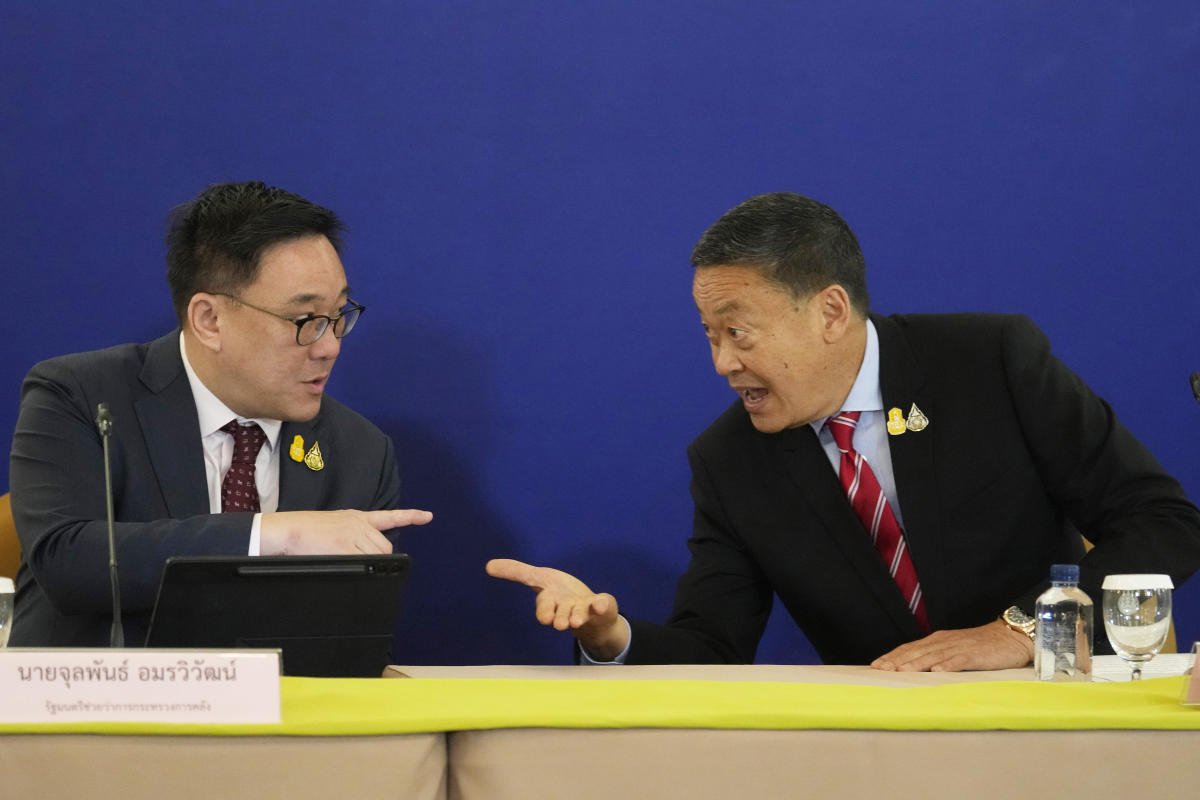Srettha said at a news conference that the 500-billion-baht ($13.75-billion) plan, to be mostly funded out of the 2024 and 2025 fiscal budgets, will be rolled out in the last quarter of the year.
The stimulus and subsequent consumption are expected to boost gross domestic product growth by 1.2 to 1.6 percentage points, he said. The World Bank estimated Thailand’s year-on-year GDP growth at 1.5% in December.
Another portion of the funding will come from the state’s Bank for Agriculture and Agricultural Cooperatives, earmarked for covering payouts to about 17 million farmers.
The plan, which was a major campaign promise by Srettha’s Pheu Thai party ahead of last year’s general election, had been previously criticized by economists for being an ineffective way to contribute to sustainable economic growth compared to other measures. The ruling Pheu Thai party had also suggested digital wallet payments for all Thais 16 and older, while the current plan is limited to lower-income Thais.
The government was also criticized for initially suggesting that it would fund the plan by borrowing, which would incur a heavy public debt burden.
